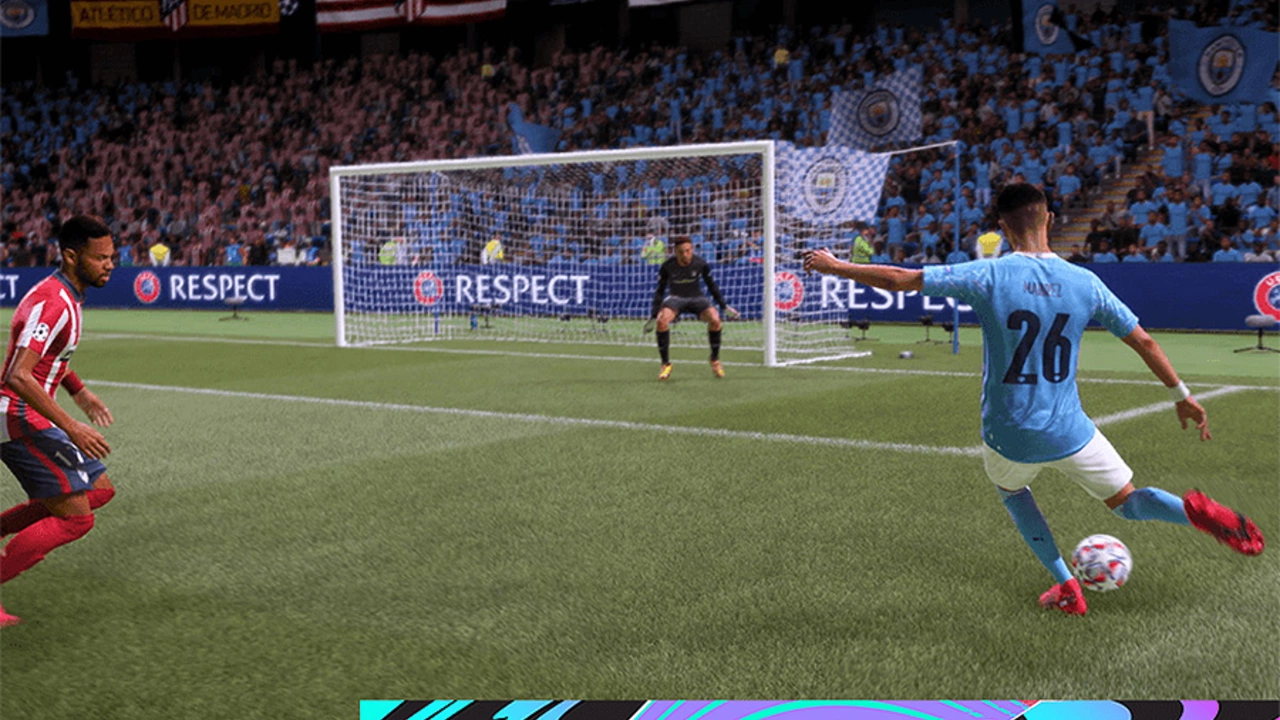
Understanding the Current State of FIFA Rules
As a long-time fan and observer of soccer, I've always had a deep respect for the game and its governing body, FIFA. But like any institution, FIFA is not perfect. The current rules, although designed to create a fair and balanced competition, often fall short. This is not due to a lack of effort or consideration on FIFA's part, but rather a result of the dynamic and unpredictable nature of the sport.
Issues such as inconsistent refereeing decisions, the use of technology in decision-making, and the financial disparity among football clubs are some of the most glaring challenges. These problems, among others, have led to calls for a review and amendment of FIFA's rules. As fans, we want to know that every game is fair and that our teams have an equal chance of winning.
The Controversy Over VAR
The Video Assistant Referee (VAR) system is a technology introduced to support referees' decision-making. The intention was to eliminate human errors that could potentially affect the outcome of a match. However, VAR has been a source of controversy since its introduction. Critics argue that it disrupts the flow of the game, leads to confusion among fans, and still leaves room for subjective interpretation by referees.
Should FIFA amend their rules to regulate the use of VAR more effectively? In my opinion, yes. There is a need for clearer guidelines on when and how VAR should be used. This would reduce uncertainty and frustration among players and fans alike.
Addressing Financial Disparities Among Clubs
Another area where FIFA's rules could be improved is in addressing the financial disparities among football clubs. Currently, a small number of wealthy clubs dominate the sport, often signing the best players for record-breaking fees. This creates an uneven playing field, where smaller clubs struggle to compete.
By introducing financial fair play regulations or salary caps, FIFA could ensure a more equitable distribution of resources among clubs. This would not only make the game fairer but also more exciting, as it would increase the unpredictability of match outcomes.
The Need for Consistent Refereeing
Refereeing is an integral part of soccer, and yet it is one of the most contentious aspects of the game. Inconsistent refereeing decisions can frustrate players, coaches, and fans, and sometimes alter the course of a match.
I believe that FIFA should invest more in referee training and development to ensure consistency. They should also consider introducing additional rules or guidelines to reduce ambiguity and subjectivity in decision-making. This would enhance the credibility of referees and the fairness of the game.
Expanding the Use of Technology
Aside from VAR, there are other ways that technology could be used to make soccer games fairer. For example, goal-line technology has been successfully implemented to determine whether a ball has completely crossed the goal line. Other potential uses of technology include tracking player fitness and fatigue, monitoring offside decisions, and detecting fouls that a referee may miss.
While the incorporation of more technology might be met with resistance from some quarters, I believe that if done right, it can greatly improve the fairness and integrity of the sport.
Parting Thoughts
In conclusion, while FIFA's current rules have served the game well for many years, there is always room for improvement. The use of VAR, the financial disparity among clubs, inconsistent refereeing, and the potential for expanded use of technology are all areas that could benefit from a review and amendment of the rules.
As fans of this beautiful game, all we ask for is a fair and just competition where the best team wins based on their performance on the pitch, not due to the inadequacies of the rules. FIFA has the power to make this a reality, and I believe they should.